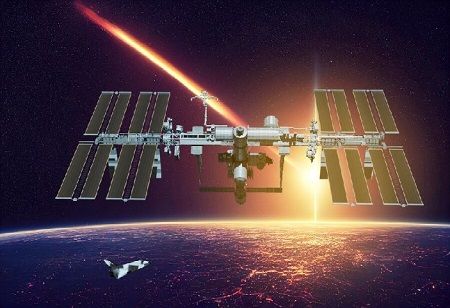NASA's trio of free-flying robots, the Astrobees, have brought science fiction to reality aboard the International Space Station (ISS). These robots, named Queen, Honey, and Bumble, not only assist astronauts but also contribute to valuable research, often sponsored by the ISS National Laboratory.
In the recent edition of Upward, the official magazine of the ISS National Lab, readers discover how Astrobees are utilized to test groundbreaking technology with implications for future space missions and terrestrial applications. For instance, Bosch, in collaboration with Astrobotic, leverages the Astrobees to evaluate smart microphone technology capable of identifying anomalies in spacecraft and other equipment through sound analysis. Similarly, researchers from MIT and the German Space Agency employ the robots to experiment with algorithms and technology aimed at satellite recovery in space.
Moreover, the Astrobees play a pivotal role in nurturing the next generation of space industry professionals through MIT's Zero Robotics competition, a program affiliated with Space Station Explorers. In this competition, students from grades 6-12 engage in coding challenges to control the free-flying robots aboard the space station, fostering essential coding skills and offering a unique opportunity to interact with astronauts, thereby inspiring young minds to pursue careers in science and engineering.
The ISS serves as an unparalleled laboratory facilitating research and technology development beyond Earth's capabilities. Managed by the ISS National Lab, this facility enables diverse initiatives aimed at improving life on Earth, advancing space-based business models, enhancing scientific literacy, and fostering a sustainable market in low Earth orbit.
Through partnerships with various entities, including government agencies, academic institutions, and the private sector, the ISS National Lab extends access to its microgravity environment, offering a platform for innovative research and experimentation.

